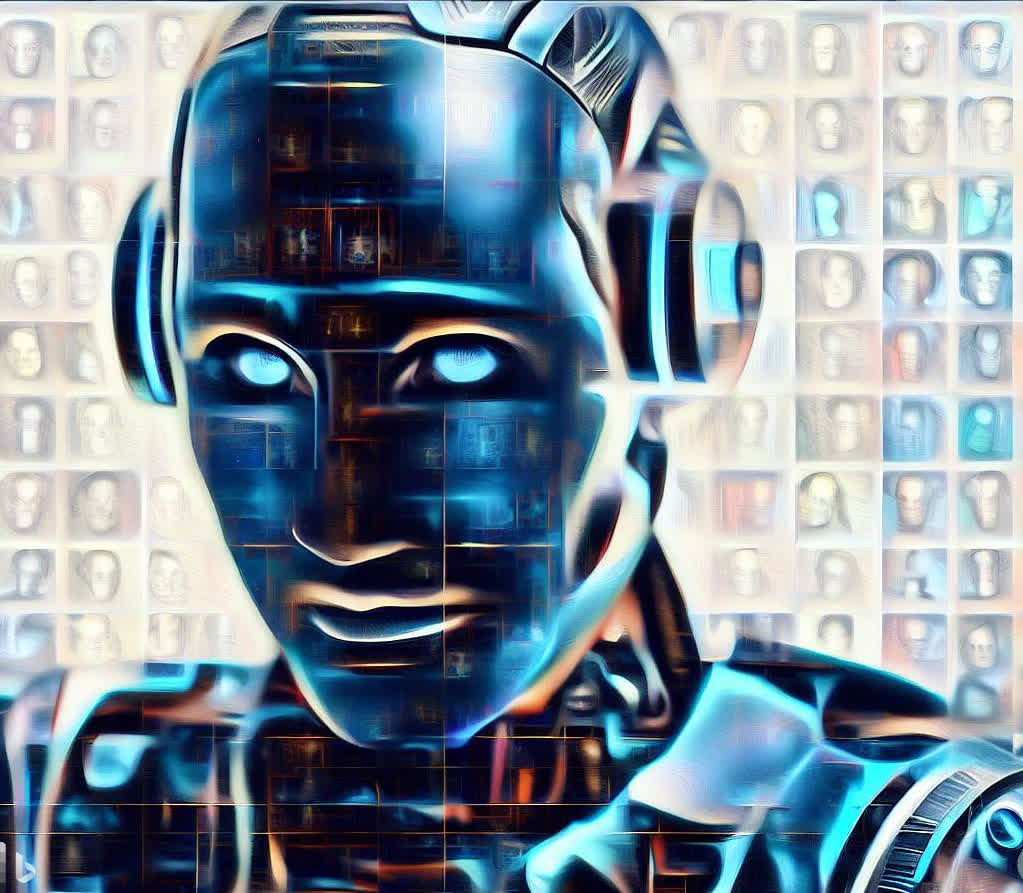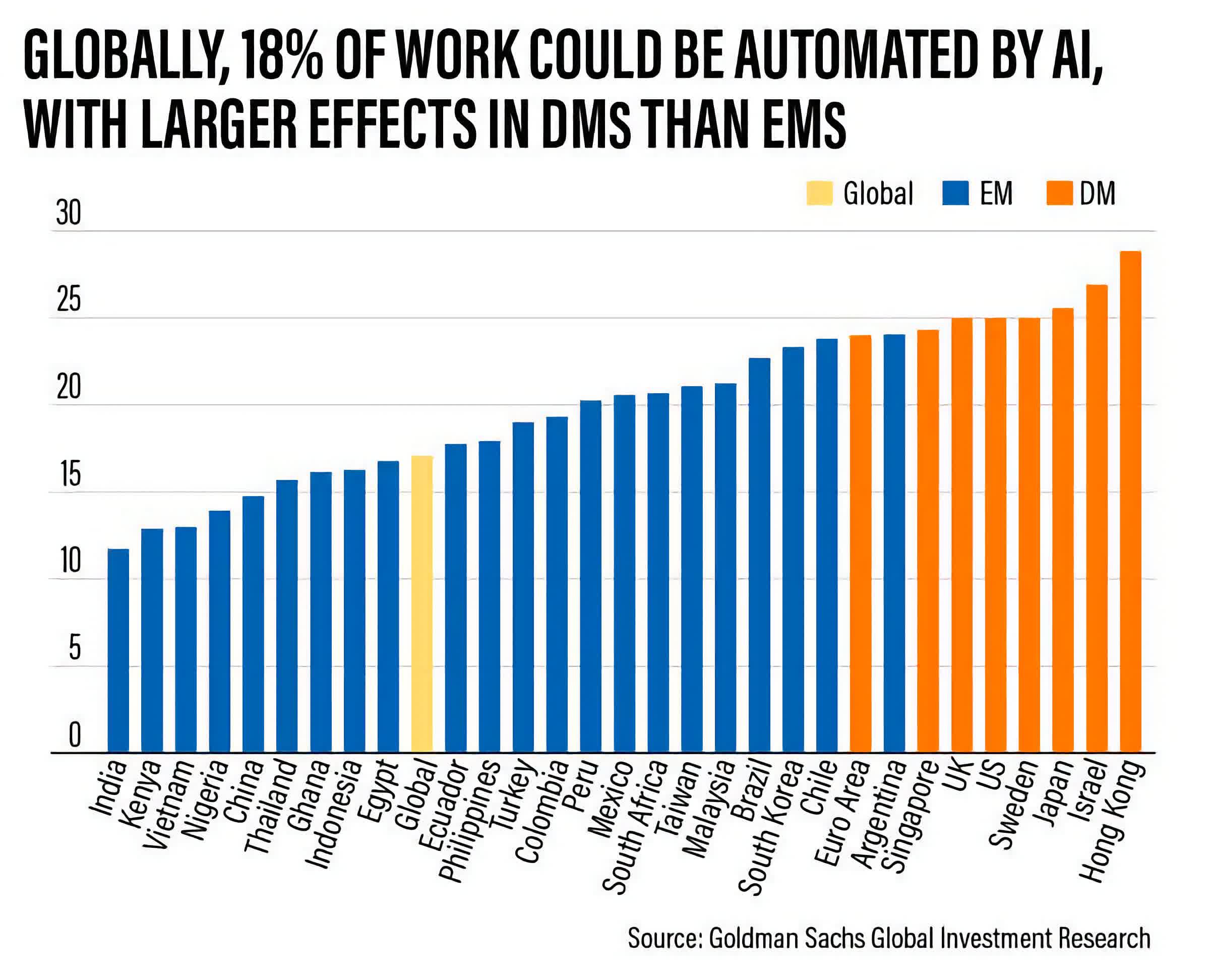What just happened? Fears that generative AIs could replace human jobs have become a reality at one of China's largest media and public relations companies. Bluefocus Intelligent Communications Group Co. is planning on replacing its external copywriters and graphic designers with generative AI models, and more of the country's industry giants could follow suit.
Bloomberg News reports that an internal staff memo seen by the publication revealed the plans to replace external staff with generative AI. "To embrace the new wave of AI-generated content, starting today we've decided to halt all spending on third-party copywriters and designers," reads the internal memo.
Bluefocus Intelligent Communications Group Co has reached out to Alibaba Group Holding Ltd. and Baidu Inc. to explore licensing its AI technology.
The news saw the company's shares jump 19% on Thursday, though they fell more than 6% this morning.
Any system that can automate a human worker's job is going to cause concerns, as has been the case for decades, but few technologies have caused as much worry as generative AI. According to research by bank Goldman Sachs, these systems could replace a quarter of work tasks in the US and Europe, the equivalent of 300 million jobs, and cause "significant disruption" across big economies.
Joseph Briggs and Devesh Kodnani, the authors of the Goldman Sachs paper, say nearly two-thirds of jobs in the US and Europe are exposed to some degree of AI automation. Globally, 18% of work could be automated by AI, with developed countries impacted more than emerging markets. About 7% of workers in jobs where generative AI could perform at least half their daily tasks are vulnerable to replacement.
One of the more positive aspects of the paper is its claim that around 63% of the US workforce will see 25% to 50% of their workload become automated and likely continue in their positions, with the work done by generative AIs giving them extra time to focus on more productive tasks.
But do everyday consumers want to be fed content created by artificial intelligence? Cornell University carried out a recent study that suggested most people don't like it if they believe they're reading text that was generated or partly generated by an AI.

